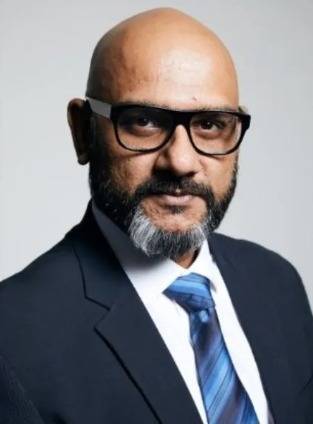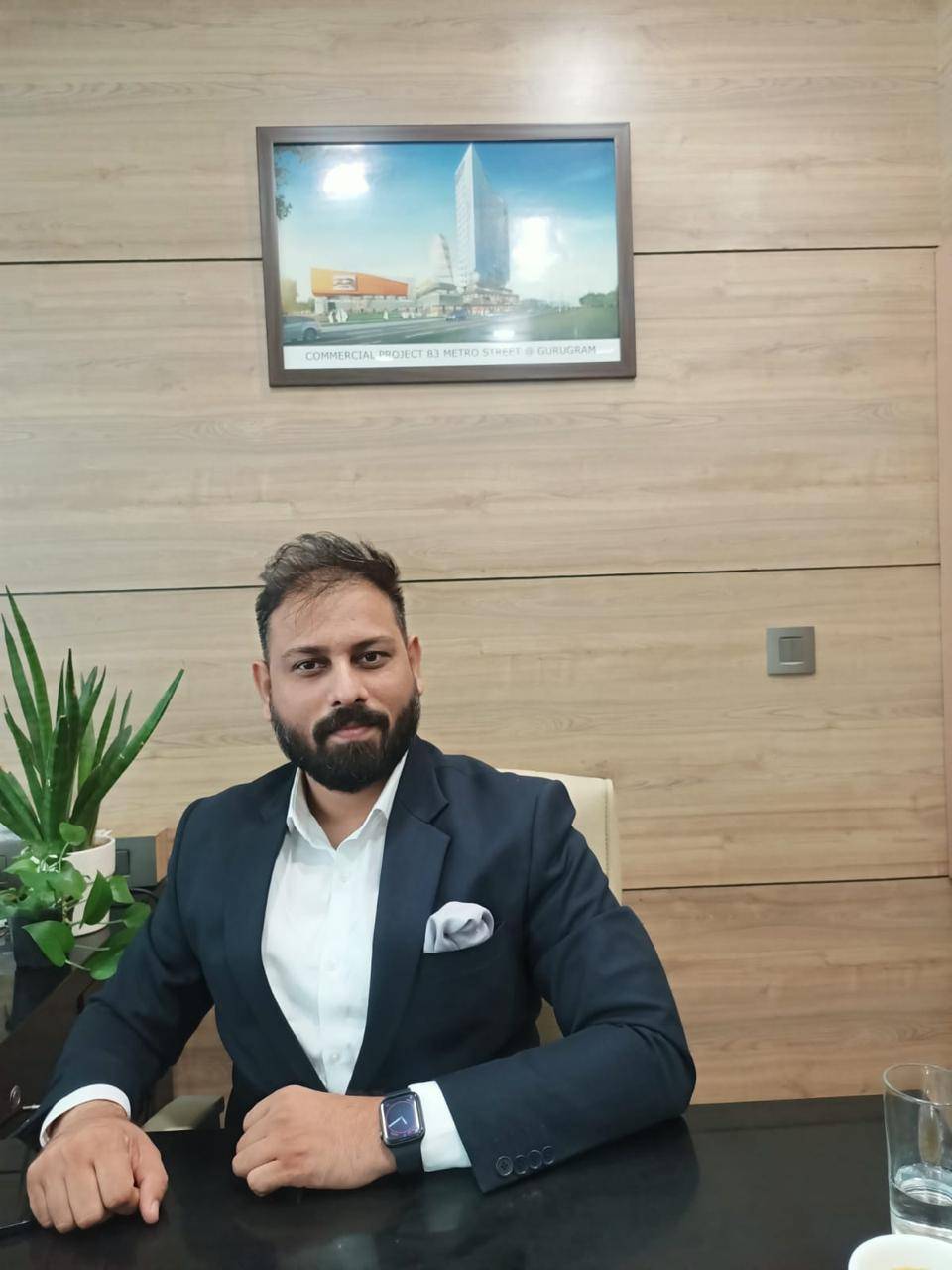India’s real estate sector is no longer confined to metropolitan hubs. Tier 2 and Tier 3 cities are fast emerging as the next growth centers, fuelled by rapid urbanization, improved connectivity, and the government’s infrastructure push through initiatives such as the Smart Cities Mission and AMRUT. Rising aspirations and disposable incomes are further driving housing and commercial demand, making smaller cities vibrant markets for developers and investors alike. In this environment, property inspections are becoming indispensable, ensuring that the construction boom is matched by consistent quality, safety, and compliance.
Despite their promise, projects in these cities face challenges that differ from those in metros. A major concern is the uneven availability of skilled contractors and trained labor, which often results in compromised workmanship. Access to standardized construction materials can also be limited, affecting durability and long-term reliability. Regulatory oversight, though improving, is still inconsistent, leaving scope for deviations from building codes. On the buyer side, awareness levels remain low, with many first-time homeowners unaware of the importance of independent inspections before possession. These factors increase the risk of structural issues, leakage, and electrical faults—problems that could be avoided with robust inspection practices.
Professional property inspections address these gaps by bringing transparency and accountability into the construction process. For developers, independent quality validation helps differentiate projects in competitive markets, while for buyers, inspections provide assurance that their investment is safe and free from hidden repair costs. At a broader level, inspections encourage a culture of accountability within the ecosystem, compelling contractors and suppliers to uphold higher standards of work.
As Tier 2 and Tier 3 cities expand, the opportunities for property inspection services are set to grow rapidly. Buyers today are more digitally informed and are demanding greater transparency before committing to purchases. Investors, both domestic and international, view inspection services as vital for risk mitigation, making smaller cities more attractive for funding. Policy frameworks such as RERA are maturing, further embedding compliance and quality checks into the property cycle. At the same time, technology is reshaping inspections—AI-powered defect detection, drone-based surveys, and digital reporting tools are making the process faster, scalable, and cost-effective even in emerging markets.
The real estate growth in smaller cities marks a transformative phase for the industry. However, sustainable progress will depend not only on the speed of construction but also on the assurance of quality. Property inspections are emerging as a growth catalyst, instilling confidence among buyers, enhancing the credibility of developers, and strengthening the overall reputation of these emerging urban centers. By addressing construction challenges and embracing modern inspection practices, the industry has the opportunity to build healthier, safer, and more sustainable communities for the future.
Authored By;

Saurabh Tyagi, Co- Founder & CEO, Propchk, a company focused on property inspections in India. He is also an IIT Roorkee engineering graduate. The company, founded by Saurabh Tyagi, provides thorough inspections of properties using high-tech equipment and a team of qualified civil engineers. PropChk is known for its Digital Twin feature and free 30-day consultations after inspections.









.png)